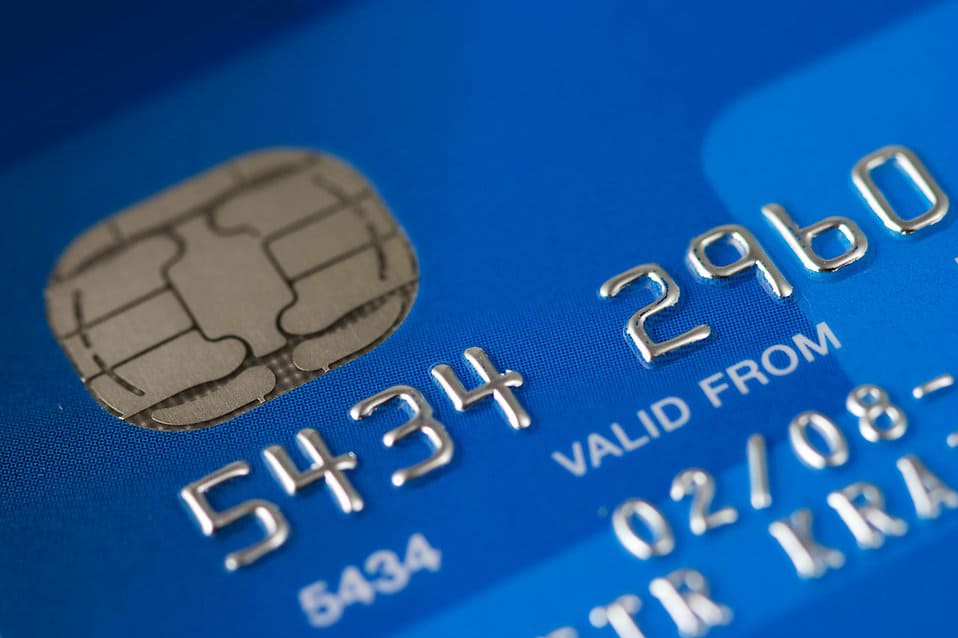The non-performing ratios (NPR’s) of Chinese credit cards have posted a sizeable increase since the onset of the COVID-19 pandemic.
All of China’s big six state-owned banks saw increases in their credit card NPR’s in the first half of 2020, according to a report from 21st Century Business Herald.
ICBC’s credit card NPR rose 0.44 percentage points to 2.65% by the end of the first half, while China Construction Bank (CCB) saw an increase of 0.14 percentage points to 1.17%, and Agricultural Bank of China (ABC) a rise of 0.24 percentage points to 1.81%.
Bank of China’s (BOC) credit card NPR rose 0.35 percentage points to 2.57%, while Bank of Communications saw an increase of 0.52 percentage points to 2.90%, and Postal Savings Bank of China a rise of 0.25 percentage points to 1.99%.
In the first three quarters of 2020 China saw the issuance of over 4.5 billion yuan in credit-card NPR asset-backed securities, as compared to a full year figure of 5.7 billion yuan for 2019.
CCB was the biggest issuer, with its “Jianxin 2020 Fourth Non-Performing Asset-backed Security” (建鑫2020年第四期不良资产支持证券) totalling 472 million yuan.
Seven of China’s joint-stock banks have released data on their credit card NPR’s for the first half, including Shanghai Pudong Development Bank (3.31%, for a percentage point increase of 1.01 compared to the end of 2019), China Minsheng Bank (3.23%, 0.75pp increase), China CITIC Bank (2.5%, 0.76pp increase), Huaxia Bank (2.44%, 0.79pp decrease), Ping An Bank (2.35%, 0.69pp increase) and Industrial Bank Co., Ltd. (2.01%, 0.54pp increase).




